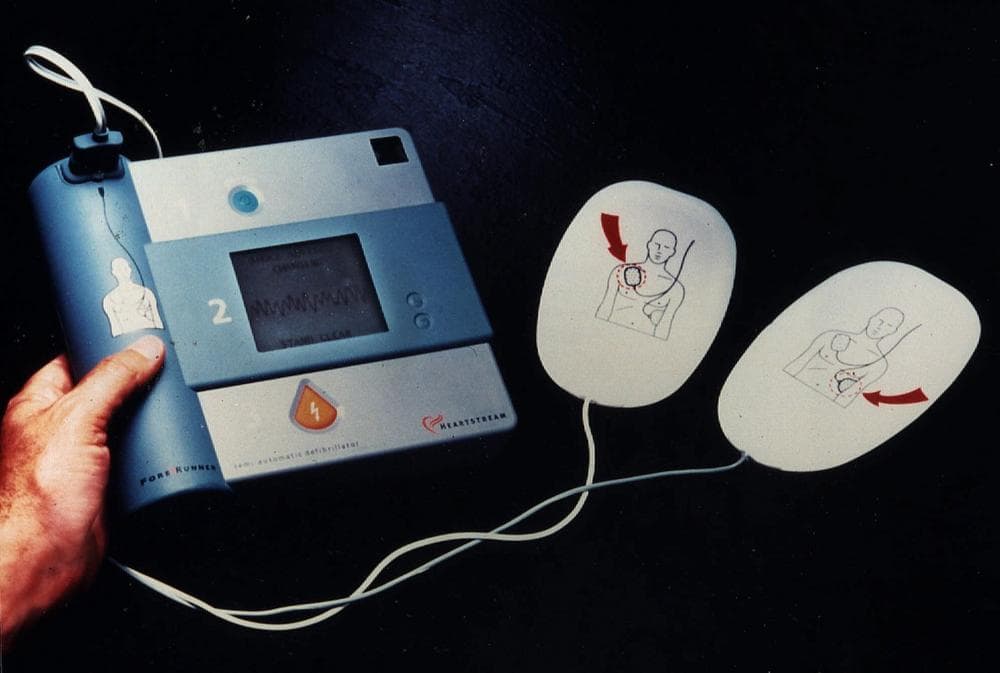Advertisement
The Divisive Medical Device Tax
Resume
President Obama said today that "nobody is more frustrated" than him with the failure of the government's healthcare web site. Since the roll out of the Affordable Care Act, many people have been unable to sign up for health insurance because of glitches on the government's new website, healthcare.gov.
The president urged people to support the new health care law, even as he acknowledged the problems with the website: "We are doing everything we can possibly do to get the websites working better, faster, sooner. We've got people working overtime, 24-7, to boost capacity and address the problems."
But Obama also said the big fight over the Affordable Care Act isn't just about a website. And of course even his critics — or especially his critics — agree with that. Obamacare has sparked a sweeping debate over the role of the federal government. It has also prompted a more focused fuss over a relatively obscure tax on medical devices — which many people in both political parties would like to repeal.
The 2.3 percent tax on the sale of things like pacemakers, defibrillators and artificial hips helps pay for Obamacare — and hits many companies in Massachusetts — a center of the medical device industry. Opponents say the tax is killing jobs and innovation, and is unfair. Proponents call such claims "exaggerated."
Guests
Brian Johnson, publisher of MassDevice, an independent publication that reports on the medical device industry in Massachusetts.
Paul Van de Water, a senior fellow at the Center on Budget and Policy Priorities.
This segment aired on October 21, 2013.